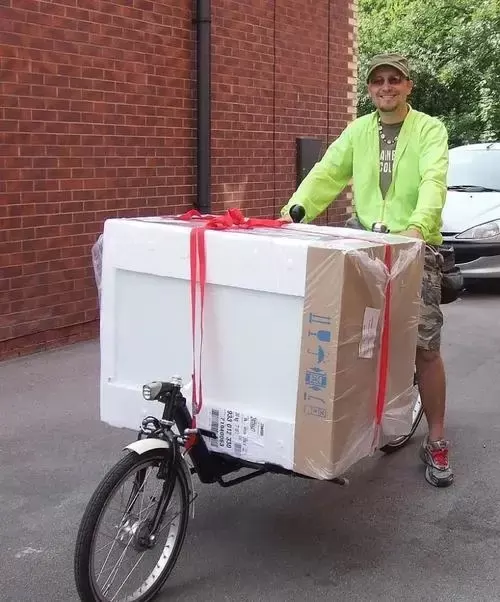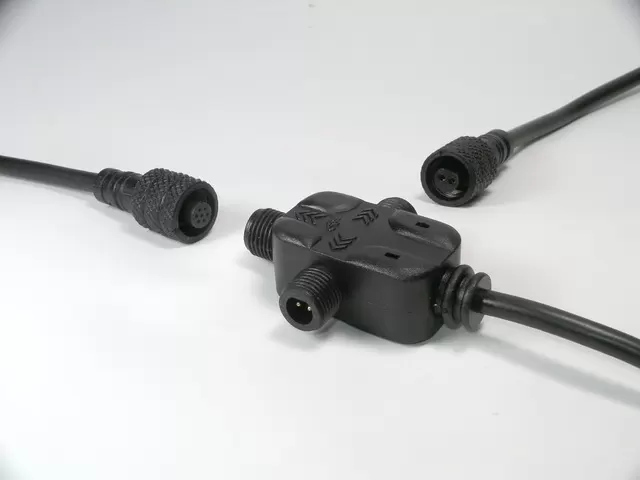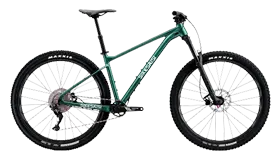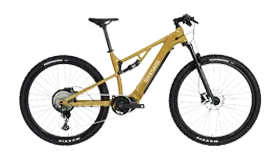Studies have shown that last-mile freight e-bikes could help New York City save $240 million a year
Combining a delivery microhub with a delivery bike could solve the problem of double-parked delivery vans.

A study of New York transportation shows that double-parked delivery trucks cost the city more than $240 million a year in lost productivity. The study, conducted by Columbia University's School of Professional Studies on behalf of Open Plans, found that double-parked trucks delay drivers by two minutes, affecting an average of 43 vehicles. Lost productivity costs the city $243 million a year. In addition, the double-parked truck causes 0.06 grams of particulate matter (PM2.5) to be released into the air, thereby reducing air quality.
A few individual examples help to bring home the scale of the problem. An e-commerce car was double-parked, causing 73 cars to have problems, delaying vehicles for 3.23 minutes, and a total loss of 235.79 minutes.
The study did not take into account some factors, such as emissions released when double-parked trucks are idling.
The study came up with some recommendations. In looking at solutions for other locations like London and Paris, they suggested a few changes to delivery in Manhattan and the five boroughs: loading zones for buildings, off-hours delivery (i.e., at night), smaller delivery trucks (and better use of the space in them), and micro-hubs.

The idea of a miniature hub is an interesting solution. It has been shown to work in London and Paris; Paris has a former bus stop that is now used as a distribution center for local deliveries.
The study explains that the combination of microhubs with freight bike and foot delivery will have a significant impact on traffic delays and pollution. To make such a massive change, though, they suggest that governments need to provide financial incentives to encourage delivery companies to take internal combustion engine (ICE) delivery vehicles off the road.
While the study did not specifically address freight e-bike use directly, but only freight bikes as a whole, the authors of the study took a close look at studies of freight bike use in Antwerp and London. The use of freight bikes for last-mile deliveries is a key focus in the proposals, but a bigger concern is how to set up delivery microhubs that would make freight bike deliveries a viable option.
-------------The above article is from reprint.
* Please help support our efforts in the e-bike industry. We strive to provide our readers with the highest quality content, news and reviews. Please send your good ideas to us through the contact information on our website, it will be the most enjoyable thing for us.










